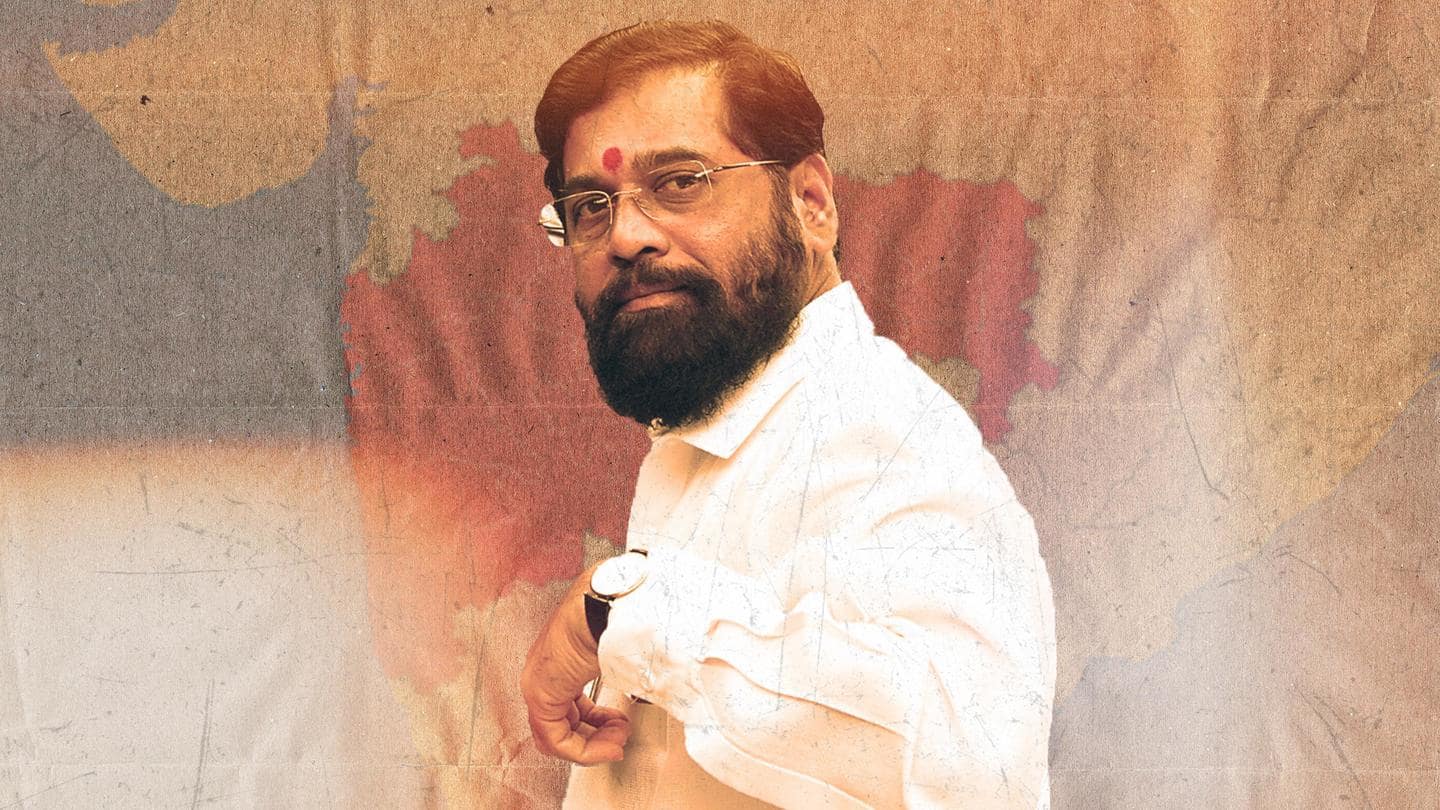On a pivotal Saturday, Maharashtra’s political landscape was reshaped as the ruling Mahayuti alliance surged ahead in the Assembly elections. By 3:15 pm, the alliance was leading in 224 seats, leaving the Opposition Maha Vikas Aghadi trailing with 55 seats, and others with nine. The Election Commission’s data confirmed a landslide victory for the Mahayuti, marking a significant moment in the state’s history.
The Surge of Mahayuti
The Bharatiya Janata Party (BJP) was at the forefront, leading in 130 seats. Chief Minister Eknath Shinde’s Shiv Sena faction followed with 54 seats, and Deputy Chief Minister Ajit Pawar’s Nationalist Congress Party (NCP) group secured 40 seats. In contrast, the Maha Vikas Aghadi camp saw the Shiv Sena (Uddhav Balasaheb Thackeray) leading in 21 seats, the Congress in 18, and the Sharad Pawar-led NCP faction in 12.
Chief Minister Eknath Shinde expressed his gratitude to the voters for the overwhelming support, calling it a “thumping majority” and a “landslide win.” He emphasized that the electorate’s approval was a testament to the coalition’s work over the past two-and-a-half years. Deputy Chief Minister Devendra Fadnavis echoed this sentiment, stating that the results validated Shinde’s group as the real Shiv Sena and Ajit Pawar’s group as the real NCP.
The Election Process
The counting of votes for the 288-member Maharashtra Assembly began at 8 am on Saturday. The election, held in a single phase on November 20, coincided with the second phase of the Jharkhand Assembly election. Maharashtra recorded a voter turnout of 66.05%, the highest since 1995.
Most exit polls had predicted that the ruling Mahayuti alliance would cross the majority mark of 145 seats and retain power. An average of exit poll predictions by NDTV forecasted 155 seats for the ruling alliance, 120 for the Maha Vikas Aghadi, and 13 for others.
Key Battles
Among the constituencies witnessing key contests was the Kopri Pachpakhadi seat in Thane city, where Chief Minister Shinde faced off against the Shiv Sena (Uddhav Balasaheb Thackeray)’s Kedar Dighe. Deputy Chief Minister Devendra Fadnavis contested from his stronghold of Nagpur South West, with Congress’ Prafulla Gudadhe as his principal challenger.
In Mumbai’s Worli seat, Uddhav Sena leader and former Maharashtra minister Aaditya Thackeray competed against Rajya Sabha MP and former Union Minister of State Milind Deora. The Baramati seat in Pune district saw a battle between the two Pawar clans, with Deputy Chief Minister Ajit Pawar contesting against his nephew Yugendra Pawar, the grand-nephew of party founder Sharad Pawar. Congress chief Nana Patole contested from the Sakoli constituency in Bhandara district against BJP’s Avinash Brahmankar.
Political Churn
Maharashtra’s politics has undergone significant shifts over the past five years, leading to the emergence of six major parties in the fray. In 2019, the BJP and the then-united Shiv Sena fought the Assembly election in an alliance, as did the Congress and the then-united NCP. The BJP-led alliance won 161 seats, while the Opposition coalition secured 98 constituencies.
However, post-election, the Shiv Sena refused to support the BJP, citing an agreement to share the chief minister’s post. On November 23, 2019, BJP leader Devendra Fadnavis took oath as chief minister with support from a faction of the NCP, but resigned three days later when the Sharad Pawar-led NCP withdrew support.
On November 28, Shiv Sena leader Uddhav Thackeray became chief minister, heading the Maha Vikas Aghadi coalition comprising the NCP and Congress. In June 2022, Eknath Shinde led a rebellion against Uddhav Thackeray and joined the BJP-led coalition, becoming chief minister on June 30, 2022. A year later, Ajit Pawar split from the NCP and joined the ruling Mahayuti government, becoming deputy chief minister alongside BJP’s Devendra Fadnavis.
Earlier this month, Ajit Pawar sparked controversy by claiming industrialist Gautam Adani was present at key meetings regarding government formation in Maharashtra after the 2019 Assembly elections. He later retracted his statement, attributing it to a mistake.
Conclusion: A New Political Landscape
As the votes were counted, the Mahayuti alliance’s overwhelming victory signaled a new chapter in Maharashtra’s political narrative. The alliance’s success underscored the electorate’s trust and approval of their governance, setting the stage for the next phase of leadership in the state.



